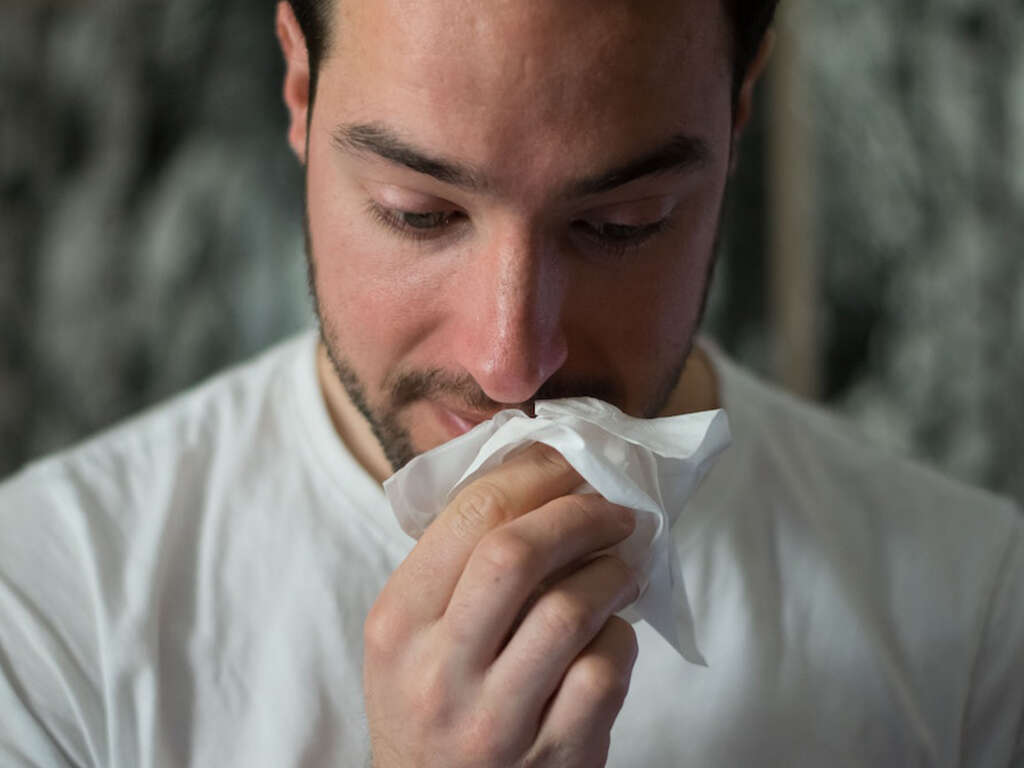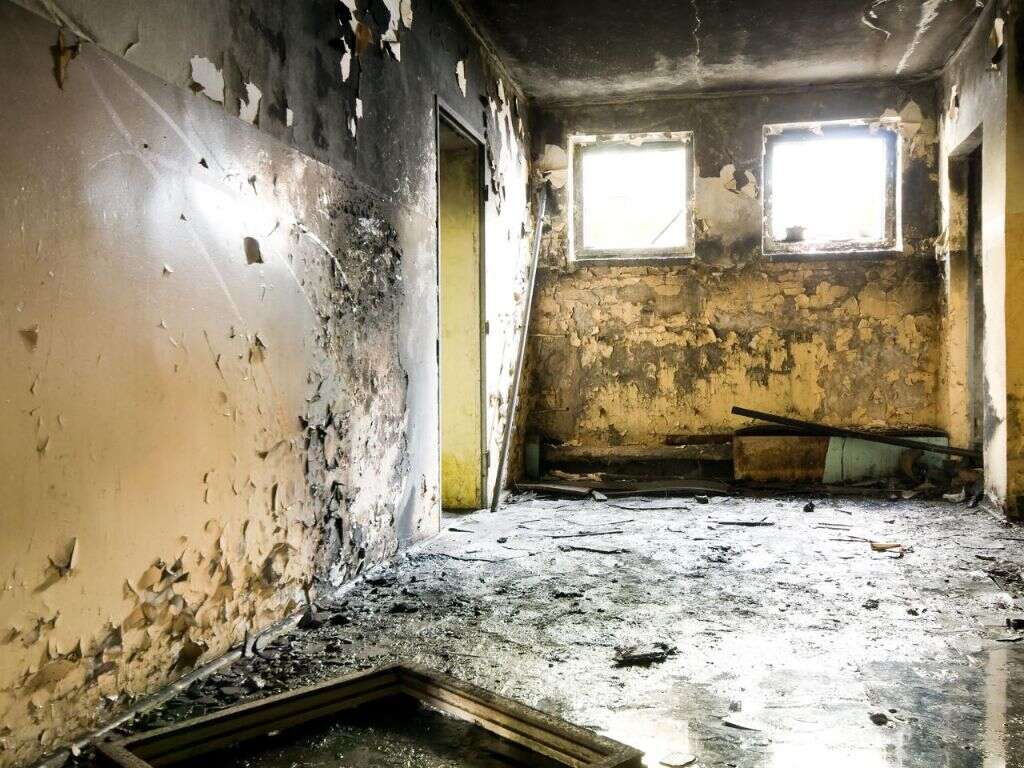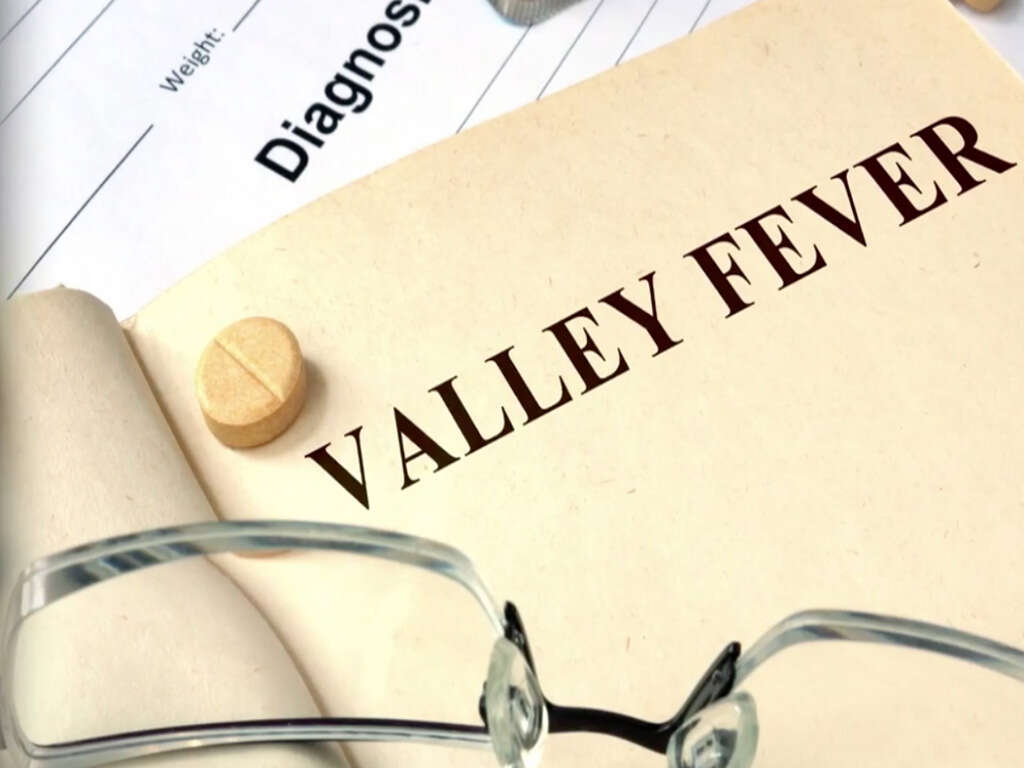10 Coccidioidomycosis Symptoms
 Article Sources
Article Sources
- 1. ’Valley fever.’ Mayo Clinic. www.mayoclinic.org/diseases-conditions/valley-fever/symptoms-causes/syc-20378761
- 2. Thompson G. ’Pulmonary coccidioidomycosis.’ Seminars in Respiratory Critical Care Medicine. 2011. www.pubmed.ncbi.nlm.nih.gov/22167403
- 3. Bowers, J. Mourani J, Ampel N. ‘Fatigue in Coccidioidomycosis.’ Medical Mycology. 2006
- 4. ’Fever.’ Mayo Clinic. www.mayoclinic.org/diseases-conditions/fever/symptoms-causes/syc-20352759
- 5. ’Coccidioidomycosis.’ American Thoracic Society. www. thoracic.org/patients/patient-resources/resources/coccidioidomycosis.pdf
- 6. ’Sabine’s Story.’ Centers for Disease Control and Prevention. www.cdc.gov/fungal/personalstories/sabine.html
Chills
Chills may accompany fevers, especially high ones. Caused by rapid changes in temperature, they're a common sign that the temperature is rising or rapidly falling. Chills also may indicate an infection within the body. Chemicals released by the valley fever fungus may cause muscles to shake. The action of the body's protective infection-fighting cells may also cause chills.
If the chills are caused by fever, medications, such as aspirin, acetaminophen or NSAIDs, may help. An antifungal may help reduce chills as it attacks the fungus.
Advertisement









